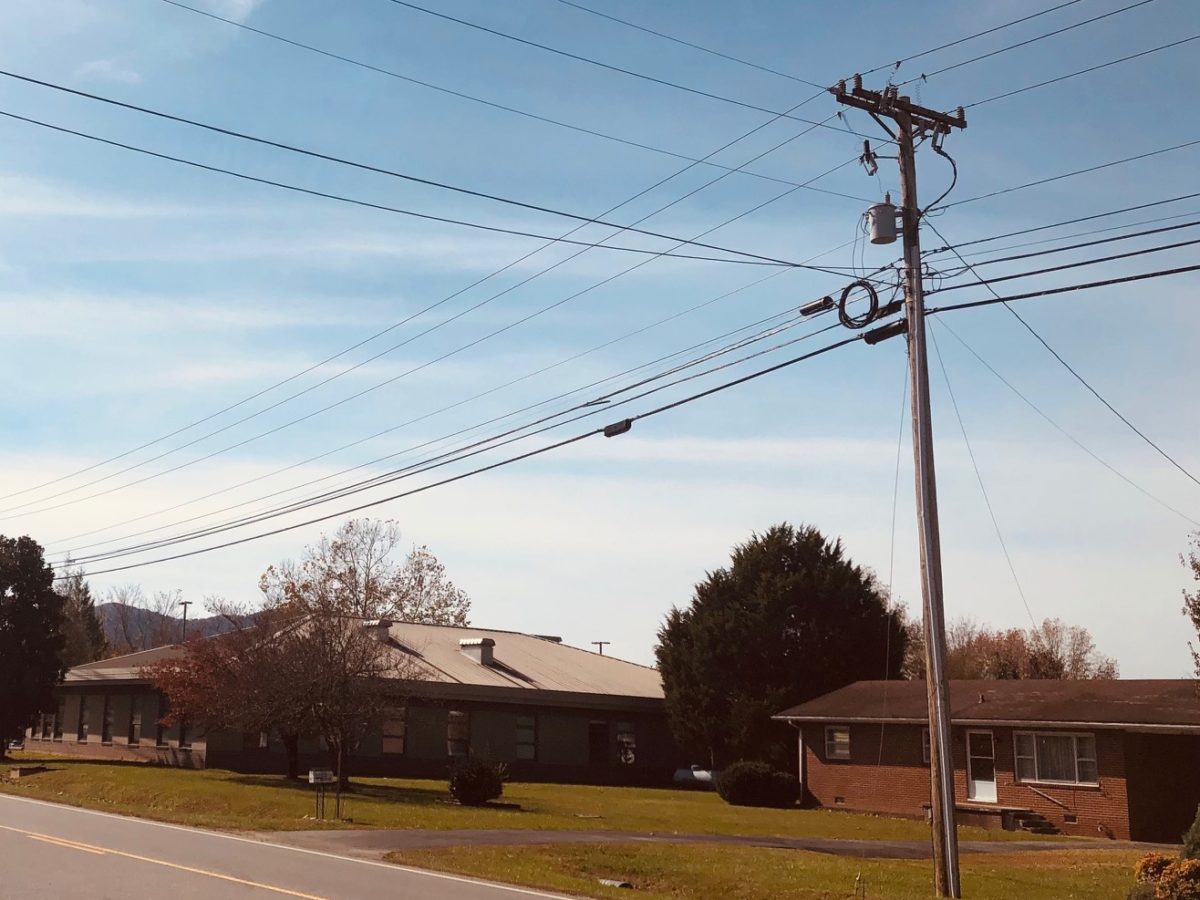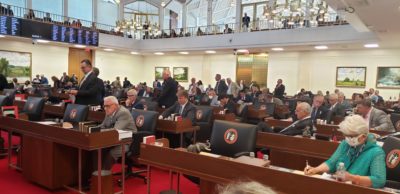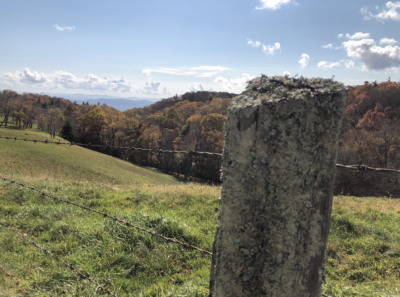

The COVID-19 pandemic struck home the notion that access to high-quality broadband internet is no longer a luxury so much as a necessity. It also illustrated how spotty the state’s access is to the internet. Rural areas, in particular, have struggled to keep up with the access and affordability seen in more metropolitan areas.
Recognizing this, both the state and federal government have provided funds to help North Carolina address the need. The proposed Senate budget includes $700 million in federal funds to expand rural broadband. The House budget has $750 million. The final consensus budget will likely contain a comparable amount.
A new report from the North Carolina Cable Telecommunications Association (NCCTA) says, however, that for North Carolina to see a return on its investment, it would require “unimpeded attachment of broadband wires to existing utility pole networks.”
That, however, is being hampered by policies that give municipal and cooperative electric pole owners outsized power over the rates and terms applied to those who want to use their poles, according to the report.
Lawmakers, the report suggests, need to come up with an “equitable cost sharing arrangement” for pole replacements between broadband companies and the owners of poles to “keep costs to new attachers closer to efficient, competitive, yet compensatory to pole owners, levels.”
What? Why poles? And what’s the problem?
The NCCTA report explains that in order to get internet to a business or home, companies must provide a connection via some sort of cable that travels from the network to the location seeking service. Sometimes a utility pole is the only way to make that connection happen — but that can create a problem.
“As a result, utility pole owners control a bottleneck input, standing between third-party broadband providers and North Carolina’s currently unserved households and businesses,” the report states.
When a company wants to attach to a utility pole, the owner of the pole is allowed to charge a rental fee. However, there is something called the federal Pole Attachment Act of 1978. It exempts municipal and cooperative pole owners from “federal regulation of rates, terms and conditions,” according to the report.
“Largely exempt from regulation, evidence suggests [municipal and cooperative] pole owners engage in the charging of higher recurring pole attachment rental rates as compared to their Investor-Owned counterparts,” the report states.
But the problem is deeper than that, according to the report. North Carolina, for example, does have state regulations on pole rentals — but what it doesn’t have is a lot of regulation on pole owners’ other rates and terms.
“[Municipal and cooperative] pole owners have been granted largely unfettered discretion in setting the rates, terms, and conditions applicable to the upfront, non-recurring set of charges known as ‘make-ready,'” the report states. These are charges that go above and beyond just the rental price.
The report goes on to say:
“Significant concentration of market power over an essential facility (namely, pole attachments) in an otherwise competitive ecosystem always harms the public interest. In this case, households and businesses who want broadband access are better off when broadband service providers can attach in a timely, efficient, predictable and cost-effective manner to existing pole networks rather than being subject to the whims of pole owners with discretionary market power and economic incentive to delay or even effectively prohibit another party’s broadband expansion plans.”
So what needs to happen?
In addition to the cost-sharing agreement, the report states that policymakers must come up with “reasonable time frames for permitting and make-ready” to prevent delays in expanding broadband.
There is currently a void in policy aimed at fixing these problems, according to the report, but “we can address this void by adopting consistent statewide policies aimed at reducing the transactions costs and delays imposed on third party broadband provider in connection with their required access to utility poles. Such policies are needed in order to incent more efficient, timely, accessible high-quality access to broadband deployment.”
The pandemic, the report states, has only amplified the need for broadband expansion.
“The urgent, vital need to tackle the digital divide is now beyond evident in the current Covid-19 environment where access to high quality broadband service has become so essential in providing our citizenry with access to education, health, commerce, government, and public safety, and the means for their own livelihood,” the report stated.




